Meet the Researcher: 9 Questions With Justin Moroney
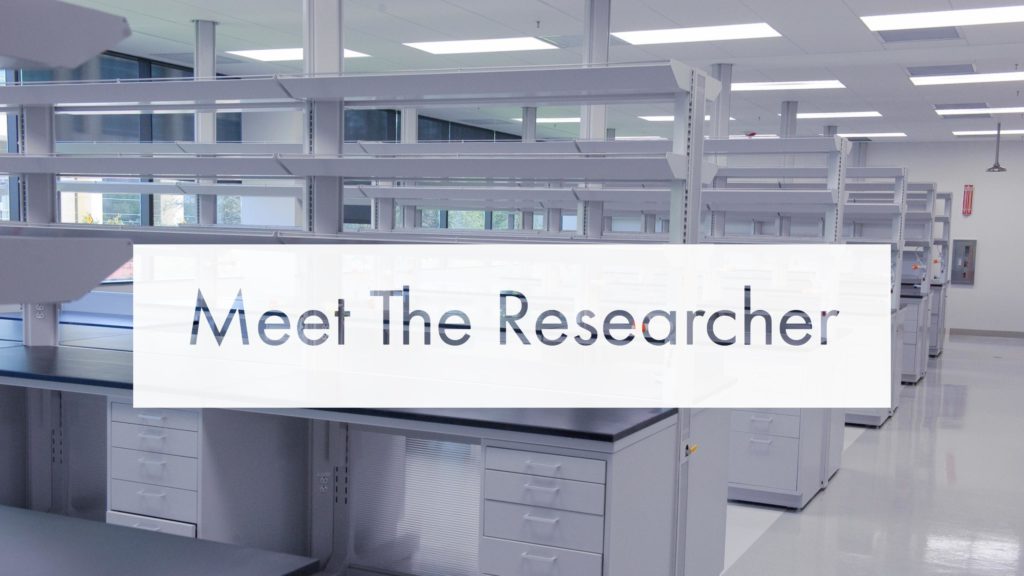
1) Your name, program, mentor name.
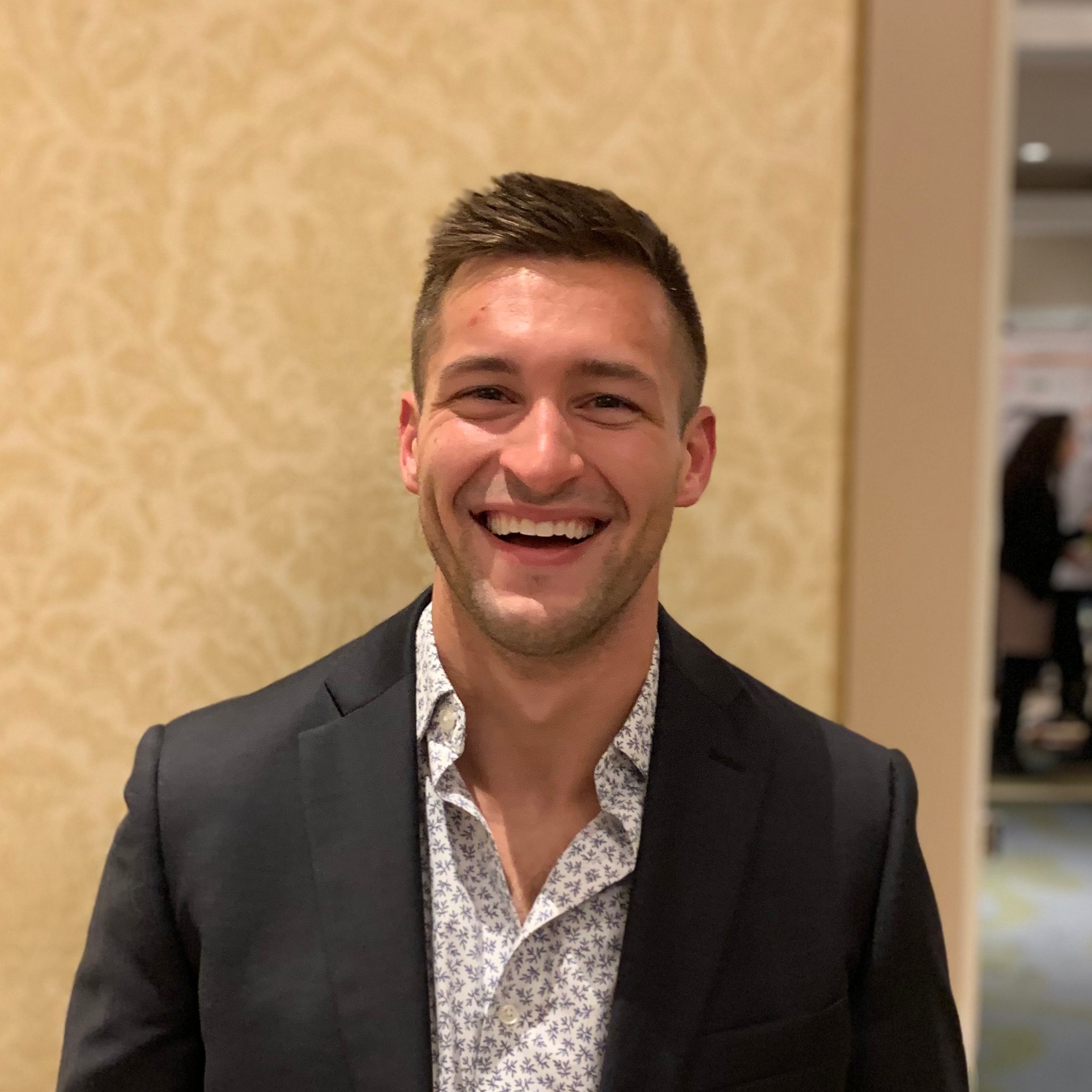
My name is Justin Moroney and I am a fourth-year Ph.D. candidate in Dr. Paolo Casali’s lab in Department of Microbiology, Immunology and Molecular Genetics. I am part of the Molecular Immunology & Microbiology discipline in the Integrated Biomedical Sciences program here at UT Health San Antonio.
2) Tell me the story of when you realized you were passionate about science.
I had always been a very curious student growing up and had an affinity for the sciences. I can vividly remember learning about the human circulatory system in my AP biology class and being really drawn to the structure yet creativity of the science. In high school, I was fortunate enough to be surrounded by two professors, Dr. Moran and Krusen, who both really encouraged me to take my first steps towards a scientific career.
3) Please tell me about yourself, why did you pick UT Health San Antonio, and your program.
I grew up in the suburbs of Philadelphia, Pennsylvania, but I traveled across the state to the University of Pittsburgh to pursue my bachelors of science. Early in my undergrad career I joined a small research lab, but couldn’t seem to find the same passion I had in high school. It wasn’t until my internships at Janssen Pharmaceuticals that the science really struck a cord with me. Not only was Janssen on the forefront of biomedical innovation, but they constantly translated this research to have a meaningful impact on patient health. It was then and there that I decided I would pursue a Ph.D.
I spent my remaining years at Pitt training in the lab of Dr. Andy Duncan researching liver pathology at the McGowan Institute of Regenerative Medicine while academically pursuing translational biomedical education. In my senior year, I absolutely fell in love with immunology, it was like no course I had taken before and made me even more passionate about pursing a Ph.D. I chose UT Health San Antonio and the IBMS program, not only because of the strong immunology research here, but because of various faculty and peers who built an environment that was open and inviting.
4) Tell me about your research. Why are you passionate about your research topic? How did you first become interested in it?
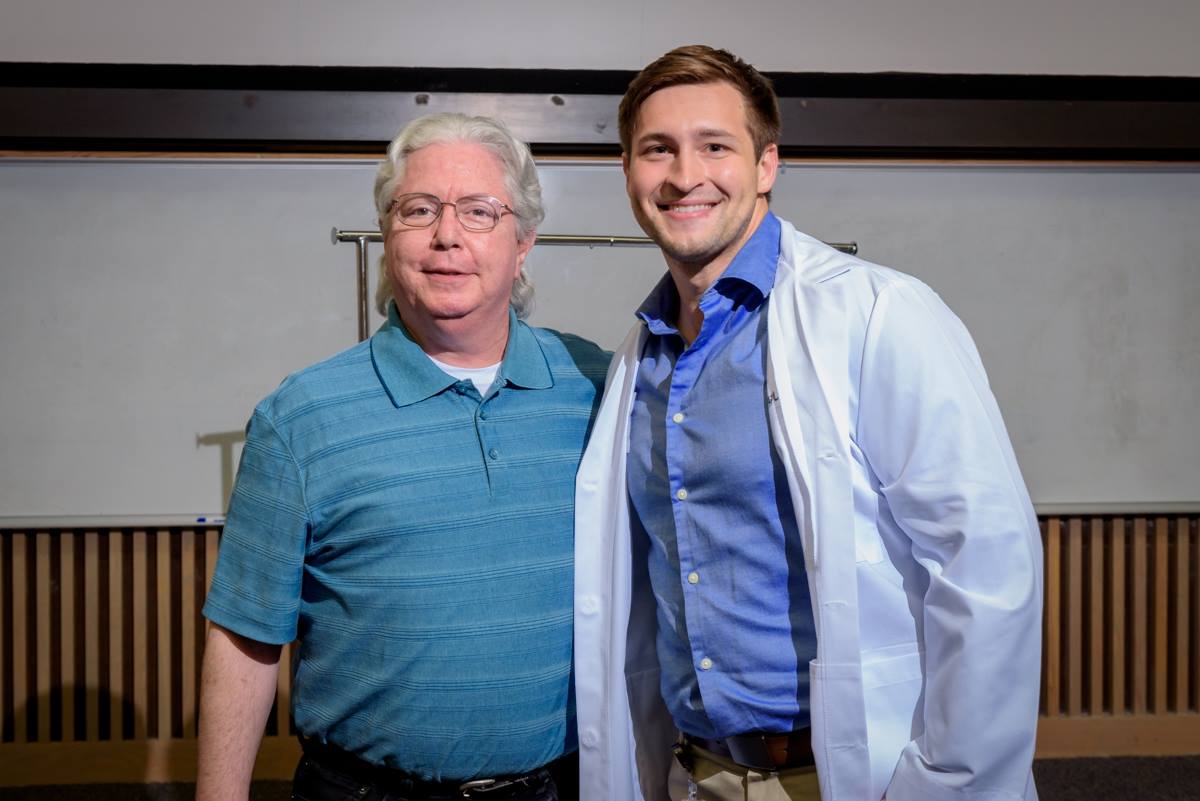
My research focuses on the transcriptional and epigenetic identity of human memory B cells. That probably sounds like a mouthful, but memory B cells are critical elements of your adaptive immune system and provide long-lived protection against viral and bacterial pathogens in a highly specific manner. So, when people tell you to get your vaccines, memory B cells are the reason they work.
Now, I was interested in the adaptive immune system and computational biology during my undergrad career, but it wasn’t until graduate school that I was able to bring these two interests together. We applied next-generation sequencing to human memory B cells to unbiasedly characterize the level of coding and non-coding transcripts, as well as chromatin accessibility, in these cells. Through interrogation of these datasets, we’ve uncovered several mechanisms at play that integrate to influence the functionality of memory B cells. I’m not only passionate about this research with respect its implications to human health, but also through the platform it has provided to learn and grow my different scientific and analytical skills.
5) What do you want the public to know about your research? Why is your topic important?
As this study was performed in humans, the research is extremely relevant to human health and disease, and the findings are immediately translatable. By understanding the molecular processes that shape the functionality and persistence of human memory B cells, we can develop cutting-edge therapies to specifically target these pathways and enhance immunological memory. The importance of a long-lived immune response is particularly highlighted by the current situation with the COVID-19 virus. The flexibility of the adaptive immune system to develop robust and long-lived responses to viral antigens is critical to combat emerging pathogens and promote the development of herd immunity. Leveraging these findings, we believe there is potential to improve vaccine efficacy and durability and thus significantly impact human health.
6) Have you won any awards or are you apart of any organizations/student clubs that you are passionate about? If so, tell me about them.
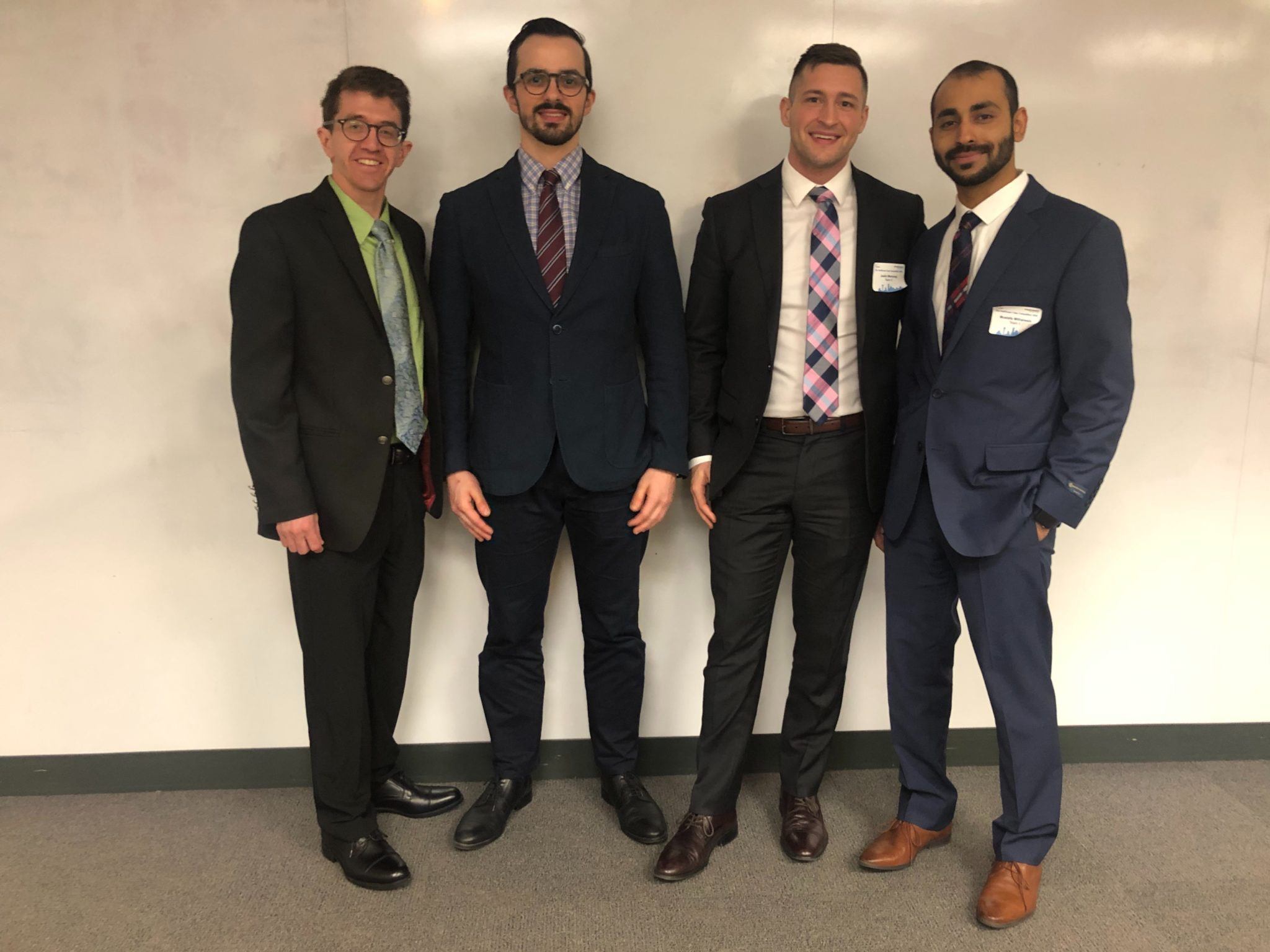
I’ve recently gotten involved with Enventure San Antonio and have been working with a really great team to grow this biomedical organization here in San Antonio. EnventureSA aims to support the growth of San Antonio’s biomedical ecosystem by bridging the gap between biotech companies and the student network. Through free programming we seek to engage, connect and train tomorrow’s scientific leaders for careers outside of academia, exposing them to business and entrepreneurship to grow a stronger scientific community here in San Antonio. I’m very passionate about this initiative; largely because this is the type of extracurricular training and development I wish I had access to when first starting my graduate school career. It’s my hope that I can help provide these type of opportunities for others and really build an engaged biomedical community.
7) What do you like most about being at UT Health San Antonio or your program?
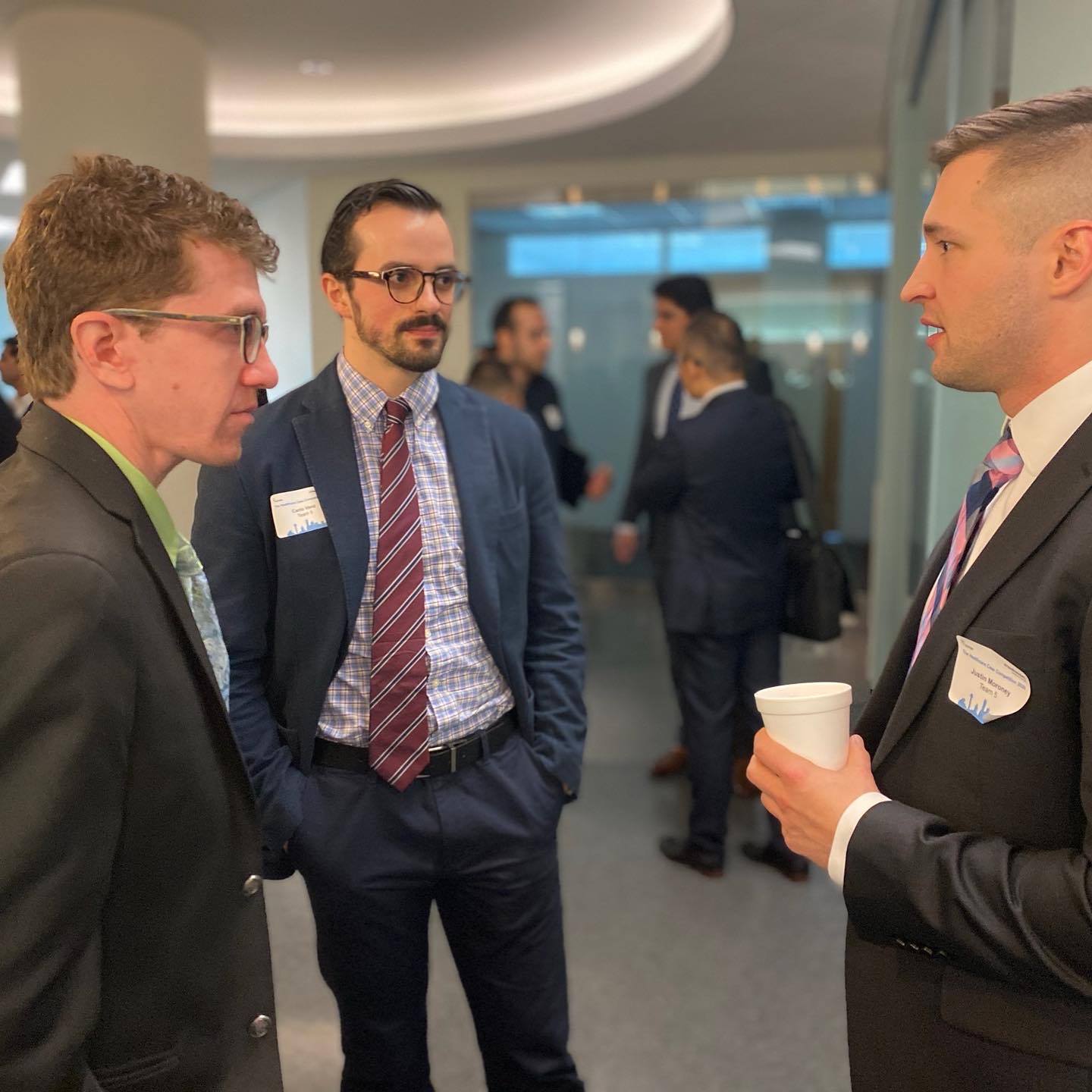
UT Health San Antonio has provided an abundance of opportunities over the years. Really though, I have been very fortunate to be surrounded by a group a friends and mentors that act as a great support system. This is especially important to me, as I moved here from out of state and have no family in Texas. The community here at UT Health has been incredible, both encouraging and supporting my personal growth throughout my time here.
8) What do you like to do outside of graduate school?
Outside of school, I am a very social and active person. I enjoy spending time with friends, experiencing new food and networking with individuals outside my current circle. I also, have a huge passion for fitness and enjoy hiking when I can find the time.
9) What’s next?
After graduation, I plan to pursue a career in management consulting and currently hope to pursue industry specific consulting in biopharmaceuticals and medical devices long term. The ability to create long-lasting impact on patient health in a high-paced team environment is something that particular resounds with me and strategy consulting provides a platform to do this at one of the highest levels.
